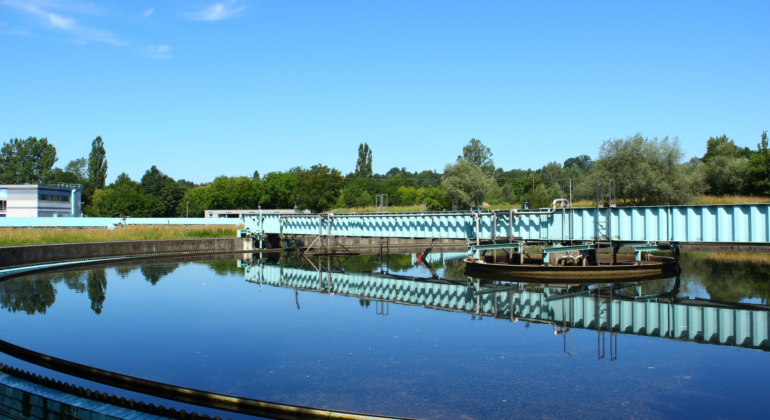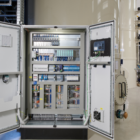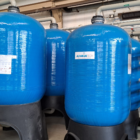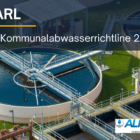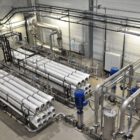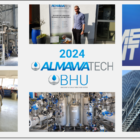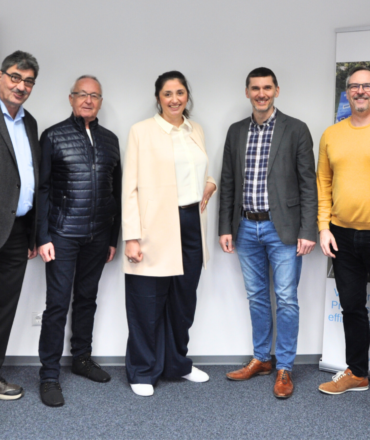In this article, we would like to draw your attention to a first-class WWF study: "High Cost of Cheap Water."
Table of contents
Water creates prosperity
The WWF study sheds light on the economic importance and wealth-creating power of water. Here are some interesting facts:
- 60 % of the global gross domestic product is attributable to industrial and agricultural production processes in which water plays an indispensable role.
- The direct economic benefit of water in industry, agriculture and households amounts to at least USD 7.5 trillion.
- The economic use of freshwater in industrial processes makes a decisive contribution to the prosperity of a population.
- There is a direct correlation between a country's prosperity and the proportion of water used for industrial purposes compared to agricultural use.
Water is therefore not only a vital resource, but also a driver of economic growth and prosperity. The more prosperous a country is, the more water is generally used for industrial purposes, while in less prosperous countries the proportion of water used for agricultural processes is higher.
Challenges in ensuring an adequate water supply for the future
Despite the enormous economic importance of water, we face major challenges that affect its availability and quality:
Climate change
The effects of climate change are leading to a decline in precipitation and thus to a falling groundwater table. This not only has an impact on the availability of water, but also on its quality.
Water pollution
In wealthy countries, more wastewater is treated today than ever before and water purification standards are high. However, less developed countries often lack the resources and infrastructure for adequate wastewater treatment, leading to environmental pollution. Even in wealthy countries, challenges remain: Despite strict regulations, pollutants such as pesticides, micropollutants, drug residues, PFAS and fertilizers enter aquatic ecosystems through various pathways, with long-term impacts on water quality and human and environmental health.
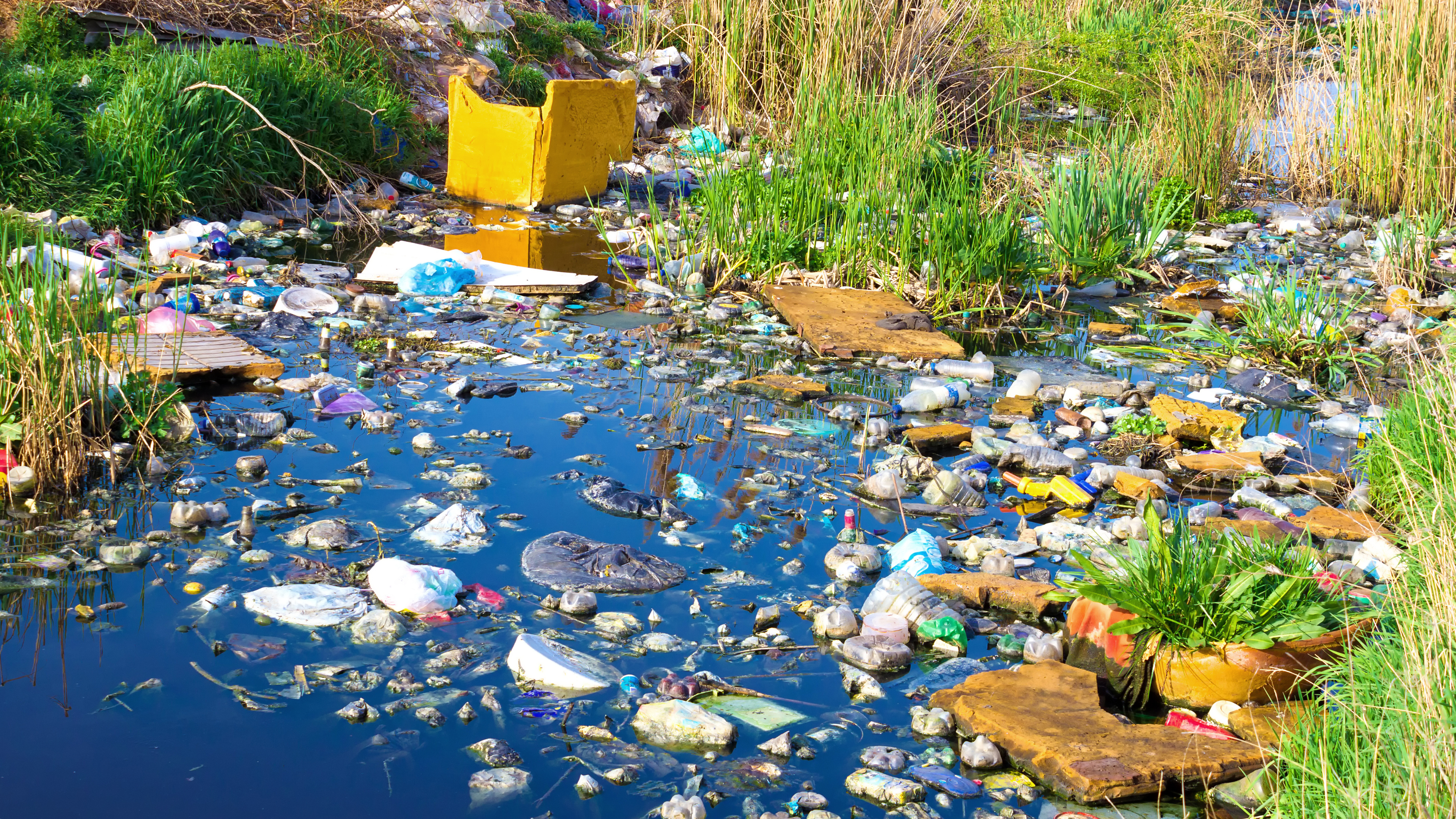
River straightening
In recent centuries, river straightening has mainly been seen as an economic route and was carried out to facilitate navigation. However, they lead to the disconnection of natural floodplains and flood plains. These floodplains are important for the storage and slow release of water. Their loss leads to less frequent flooding, which reduces the availability of water for the environment and human use. In addition, river straightening accelerates river flow, resulting in faster runoff of water and increased evaporation rates, which further reduces the amount of available water.
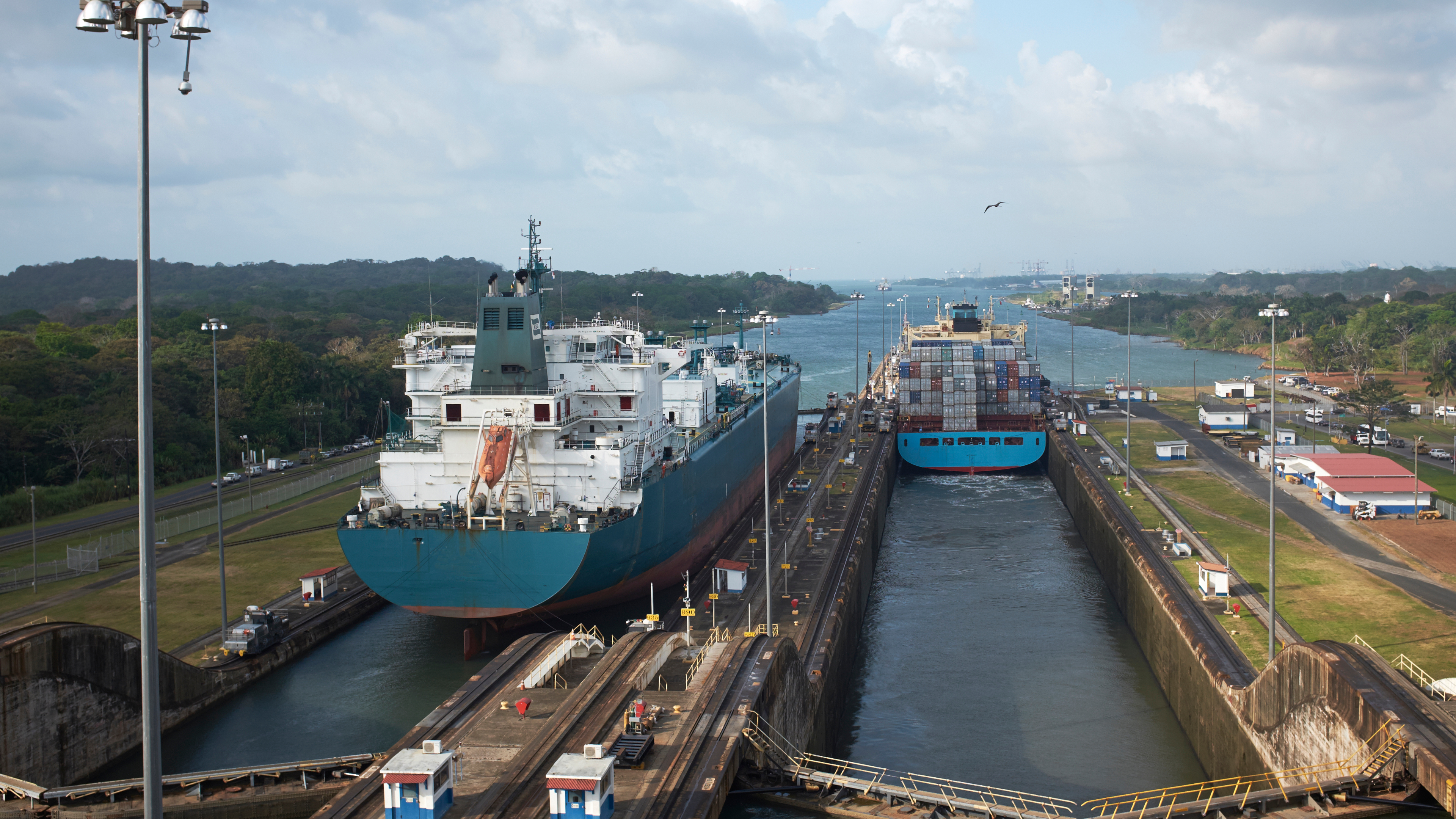
In view of these challenges, it is crucial to find intelligent solutions to use and protect water more efficiently.
Solutions and outlook
To meet these challenges, comprehensive water management is required that is geared towards sustainability and efficiency. The use of wastewater treatment processes, water recycling (WaterReuse) and ecological river restoration can help to protect and conserve water resources.
The WWF study: "High Cost of Cheap Water"
We can only recommend everyone to read the study "High Cost of Cheap Water", a first-class study by the WWF that offers valuable insights into the added value of water and possible solutions to water scarcity.
You can find the study at:
https://www.wwf.de/themen-projekte/fluesse-seen/der-wahre-wert-des-wassers
Let's work together to protect this precious resource and use it sustainably. 💧🌍
Best regards, ALMAWATECH team


